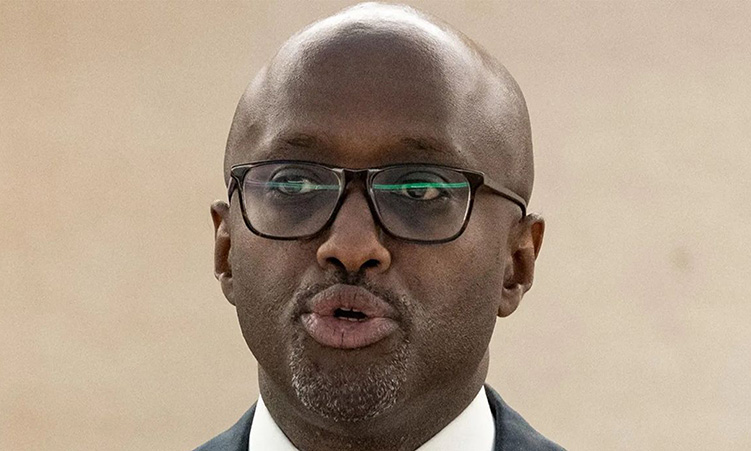JOHANNESBURG – As interest rates in major economies approach zero, central banks and governments are resorting to other measures to boost their failing economies – and the costs are reflected in mounting budget deficits.
An official forecast from the European Commission earlier this week said the EU deficit could more than double from two per cent of gross domestic product (GDP) last year to 4,5 per cent this year. Ireland’s deficit, projected at 13 per cent of GDP, is among the highest.
Jeff Gable, the head of research at Absa Capital, said the US budget deficit could be as high as 14 per cent of GDP this year.
South Africa, which has not been faced with the cost of a banking crisis, is projected to run a budget surplus of 0,1 per cent of GDP in the current fiscal year.
Russell Lamberti, an economist at Econometrix Treasury Management, warned yesterday that costly fiscal packages and massive money creation by banks could eventually trigger double-digit inflation in those economies. He said the SA Reserve Bank should cut the official repo rate cautiously this year ‘to protect against those inflation risks down the line’.
Lamberti said the central bank’s Monetary Policy Committee (MPC) ‘may well cut the repo rate by another 200 to 250 basis points this year’.
But he advocated a more cautious approach: ‘no more than three cuts of 50 basis points each’ before pausing in the second half of the year to take time to asses the inflation and credit creation trajectory.
However, Jac Laubscher, the chief economist at Sanlam, said low commodity prices and weak demand would ensure that it would be several years before global inflation became a threat, although he conceded that high levels of government debt would be a disincentive to governments to take a tough line on inflation. The value of debt falls in real terms as inflation erodes the value of money.
Laubscher added that in the wake of the crisis, global competition between producers would limit pricing power, countering inflation, and at home the National Credit Act would curb excessive lending.
He urged the Reserve Bank to ‘front load the rate cuts because of the deterioration in the real economy and rapid disinflation’. Disinflation is a slowing in the rate of inflation.
Laubscher said banks were not ‘in the mood to expand lending’ and heavily indebted households were reluctant to borrow further.
The ratio of household debt to income was 75,3 per cent in the third quarter of last year.
Gable said inflationary pressure would not arise in the ‘monetary policy time horizon of about 18 months’, referring to the normal lag between changes in interest rates and changes in consumer demand.
He said the events since the MPC met last month would influence next month’s decision.
Last month the US Federal Reserve cut its target rate to between zero and 0,25 per cent.
This month the European Central Bank cut its benchmark rate by 50 basis points to 2 per cent and signalled a further cut, while the Bank of England cut its rate by 50 basis points to 1,5 per cent. Both are at record lows. – Business Report
Stay informed with The Namibian – your source for credible journalism. Get in-depth reporting and opinions for
only N$85 a month. Invest in journalism, invest in democracy –
Subscribe Now!










